FAQ
-
Q. Why should I bother using a planning consultant?
A.
They have knowledge of all the latest National and Local policies on Development, and can apply these to your situation to achieve the most beneficial result.
They are able to advise on the best way of approaching a potential development site.
They can maximize the value of your land or buildings.
They can co-ordinate a development team to package the best possible approach to a planning application or appeal. As Chartered Town Planners we are required to continually develop and enhance our skills to ensure that we have an in-depth knowledge of all planning issues.
They can advise on your chances of success in any future development or on an appeal.
Planning Consultants deal with all aspects of planning, not just applications, such as:
Enforcement Notices
Listed Building Matters
Planning Contravention Notices
Planning Appeals
Certificate of Lawful use
Highway Issues
Local Plan representations
Language Impact Assessment
Development Briefs
Development Feasibility Studies
Tourism Developments
-
Q. Don't Architects and Surveyors put in planning applications anyway?
A.
Planning Consultants have specialist knowledge of how to prepare an application for planning permission, including detailed knowledge on relevant policies and strategies concerning your site.
Their knowledge and experience of planning submissions will be much greater than say an Architect, Solicitor or Surveyor.
Packaging an application in a professional and appropriate manner could mean the difference between success and failure. Planning consultants can work alongside other professionals in a team to produce a co-ordinated and complete submission.
Increasingly other property professionals are now advising their clients to instruct planning consultants at an early stage of the development process.
-
Q. Why use Owen Devenport?
A.
We have decades of experience in Planning, Property and Development, and are able to draw on a range of professionals to further boost your case.
The fact that we are ‘chartered’ demonstrates that we have attained the required high professional standards and knowledge required by the RTPI, and that we can use these specialised skills to guide you through the planning process.
Will always offer impartial advice in the best interests of the client.
We offer friendly and professional advice.
We work with all major developers, property professionals and are consultants to many major legal practices throughout North Wales.
We are retained as local planning consultants by numerous national developers.
Our success rate on appeals is second to none.
-
Q. Is the advice I receive really important?
A.
Owen Devenport's reputation is based on a quality service to our clients.
We only have the clients interest in mind.
Our clients are long-standing and return to us time and time again - they know that the service and advice they obtain is amongst the best available.
-
Q. What happens if I am refused planning permission?
A.
Owen Devenport will assess the reasons for refusal put forward by the Council.
If there is the possibility of amending the scheme to obtain planning approval, this is always recommended.
Owen Devenport would use all their experience and skill in negotiating with planning officers to obtain a satisfactory solution.
If there is no possibility of a compromise then advice will be given on the potential of an appeal against a refusal of planning permission.
-
Q. Which is the best method of appeal?
A.
There are 3 basic methods of appeal
a) Public Inquiry
Only used in complex matters on large scale developments
Involves Solicitors or Barristers
Can be costly and time consuming
b) Informal Hearing
No requirement for legal representation
Informal discussion on topics
Discussion can continue on site
Public allowed to attend
c) Written Representation
An exchange of written representations by the Appellant and the Local Planning Authority.
Simple method of appeal
No discussions allowed on site.
The method of appeal is now decided by the Planning Inspectorate with most appeals proceeding by way of written representations, but where required we can argue that there is a need for an informal hearing or public inquiry and we find that if this is properly justified that the Inspectorate will agree to use of the suggested route.
An appeal usually takes 3 to 4 months to decide from date of lodging the papers with the Planning Inspectorate.
-
Q. What happens if I lose an appeal?
A.
If an appeal is lost then the decision letter is carefully scrutinised.
It may be that a revised scheme could be allowed following the Inspectors decision.
A re-appraisal of the proposal is usually carried out and further negotiations with the planning officers are instigated.
If in the opinion of Owen Devenport the matter cannot be taken further this will be clearly stated to avoid any unnecessary costs to the client.
